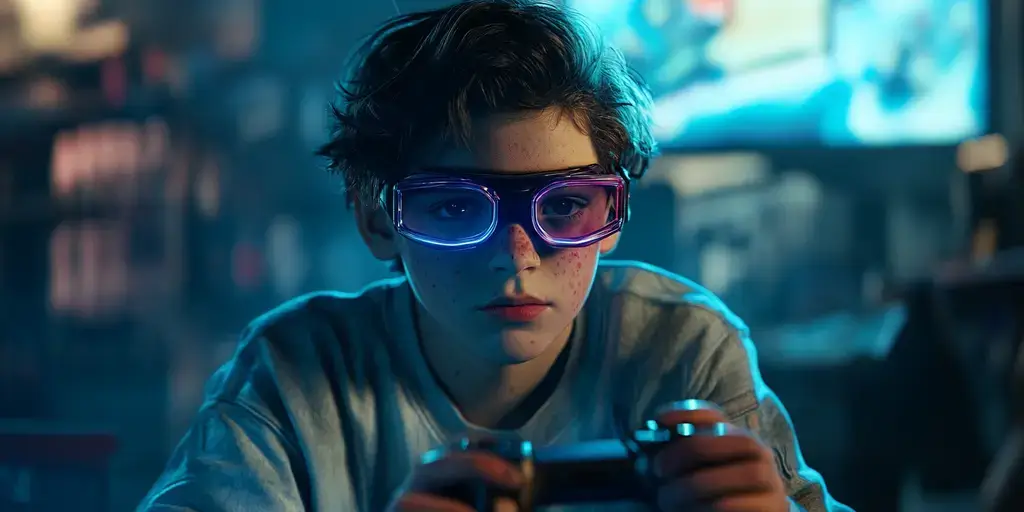Video games have come a long way since the early days of Pong and Pac-Man. One of the most notable advancements in gaming technology has been the evolution of artificial intelligence (AI) within games. From basic Non-Player Characters (NPCs) to complex procedural generation, AI has played a significant role in enhancing the gaming experience.
The Rise of NPCs
In the early days of gaming, NPCs were simple characters programmed to follow a set path or behavior. They often served as enemies or allies to the player, providing obstacles or assistance throughout the game. While these NPCs added a level of interaction to the gaming world, their actions were often predictable and lacked real intelligence.
As technology advanced, developers began to implement more sophisticated AI systems into their games. NPCs became more responsive to player actions, adapting their behavior based on the player’s choices and interactions. This added a new layer of depth to games, making the virtual worlds feel more dynamic and alive.
The Era of Dynamic AI
With the rise of open-world games and expansive virtual environments, AI systems needed to evolve to keep up with the player’s actions. Dynamic AI became a key feature in modern games, allowing NPCs to react to changes in the game world in real-time.
Dynamic AI systems use algorithms to analyze the player’s behavior and adjust NPC actions accordingly. This means that NPCs can now exhibit more complex behaviors, such as forming alliances, changing their objectives, and even learning from past encounters with the player.
Procedural Generation
Another significant advancement in AI within games is procedural generation. This technique involves using algorithms to create content on the fly, rather than relying on pre-designed levels or environments.
Procedural generation has been used in games to create vast, randomized worlds that offer unique experiences to players each time they play. This technology is often seen in open-world games, where the game world is too large to be manually designed by developers.
By utilizing procedural generation, developers can create endless possibilities for exploration and discovery within their games. This not only enhances replay value but also allows for more dynamic and immersive gameplay experiences.
The Future of AI in Gaming
As technology continues to advance, the future of AI in gaming looks promising. Developers are constantly exploring new ways to enhance AI systems, creating more realistic and intelligent NPC interactions, as well as innovative gameplay experiences.
One of the emerging trends in AI gaming technology is machine learning, where AI systems can adapt and improve their behavior over time based on experience. This opens up a world of possibilities for creating dynamic and personalized gaming experiences for players.
With the evolution of AI in video games, players can expect more immersive and engaging gameplay experiences in the years to come. From lifelike NPCs to procedurally generated worlds, AI continues to shape the future of gaming in exciting ways.










